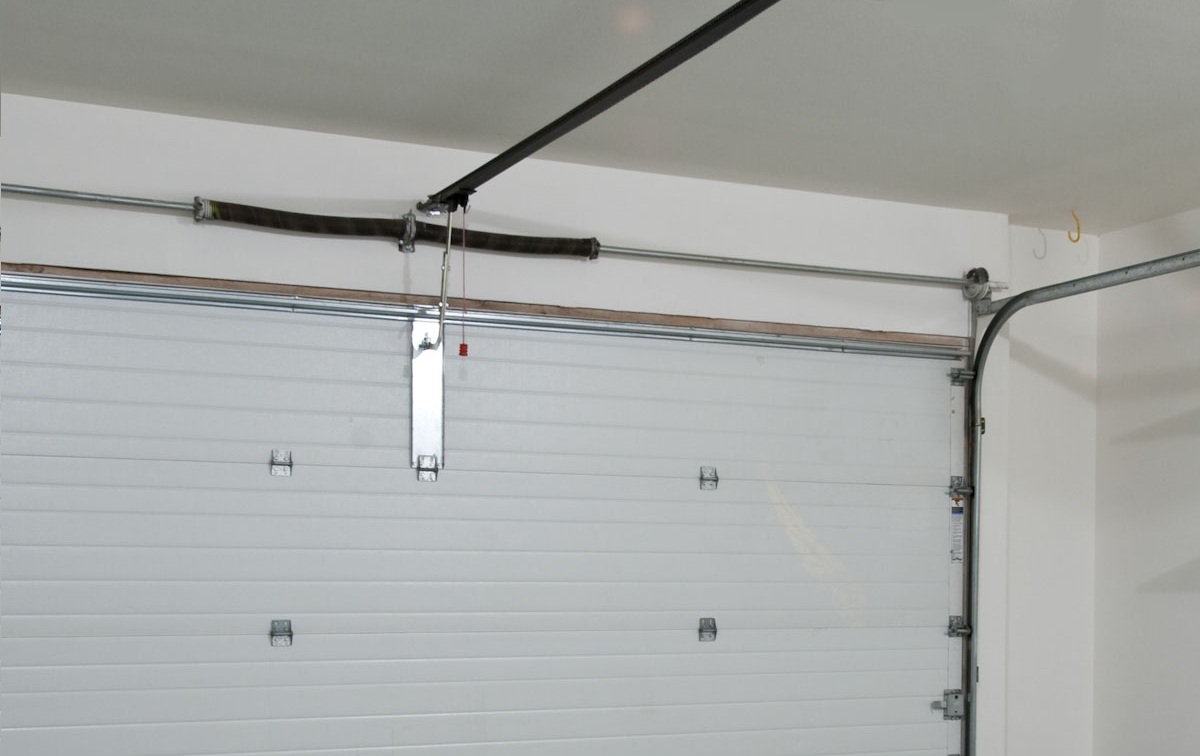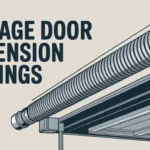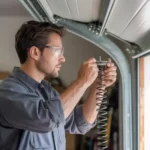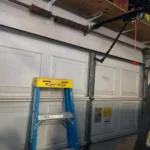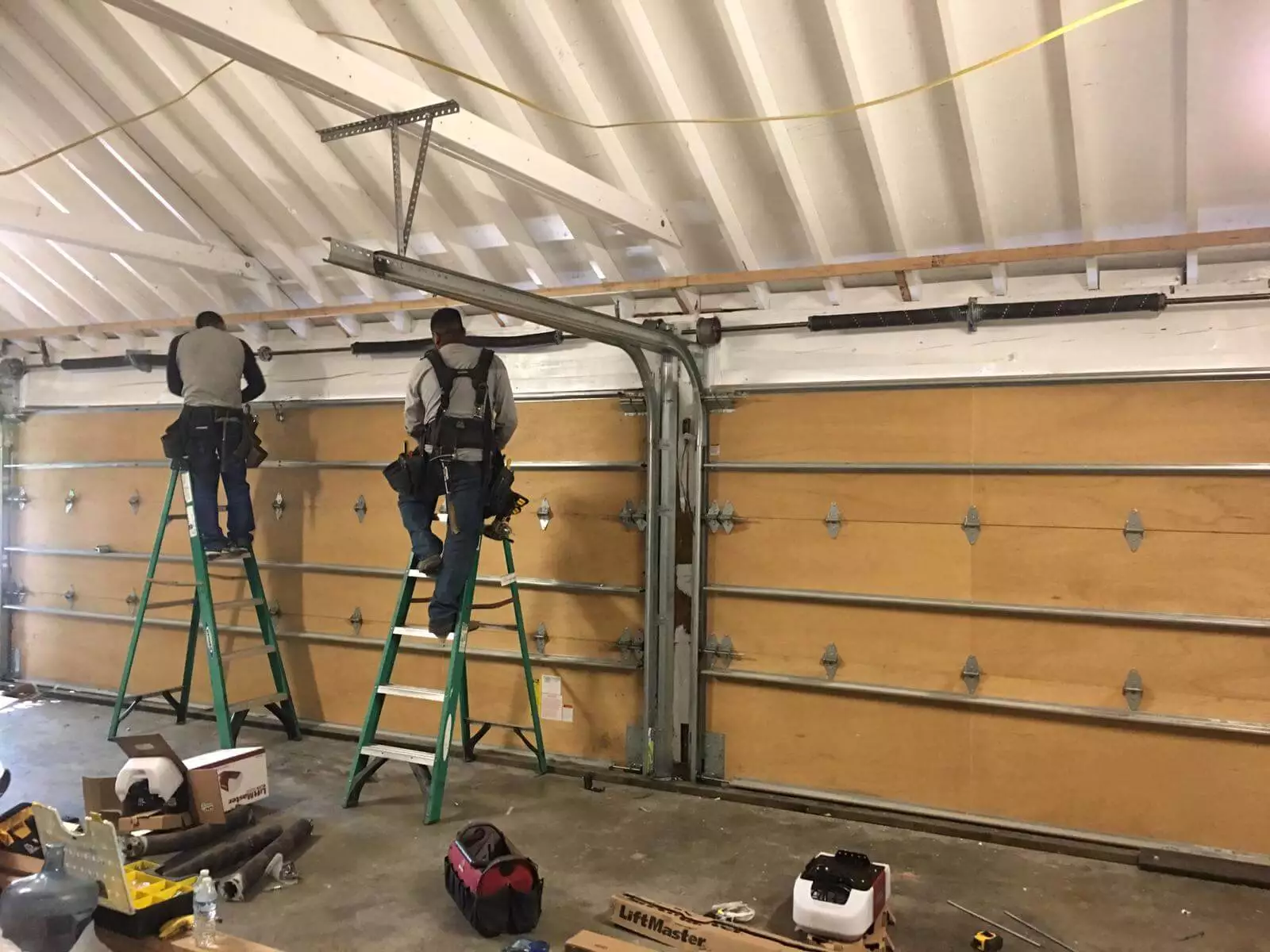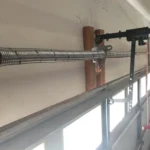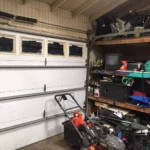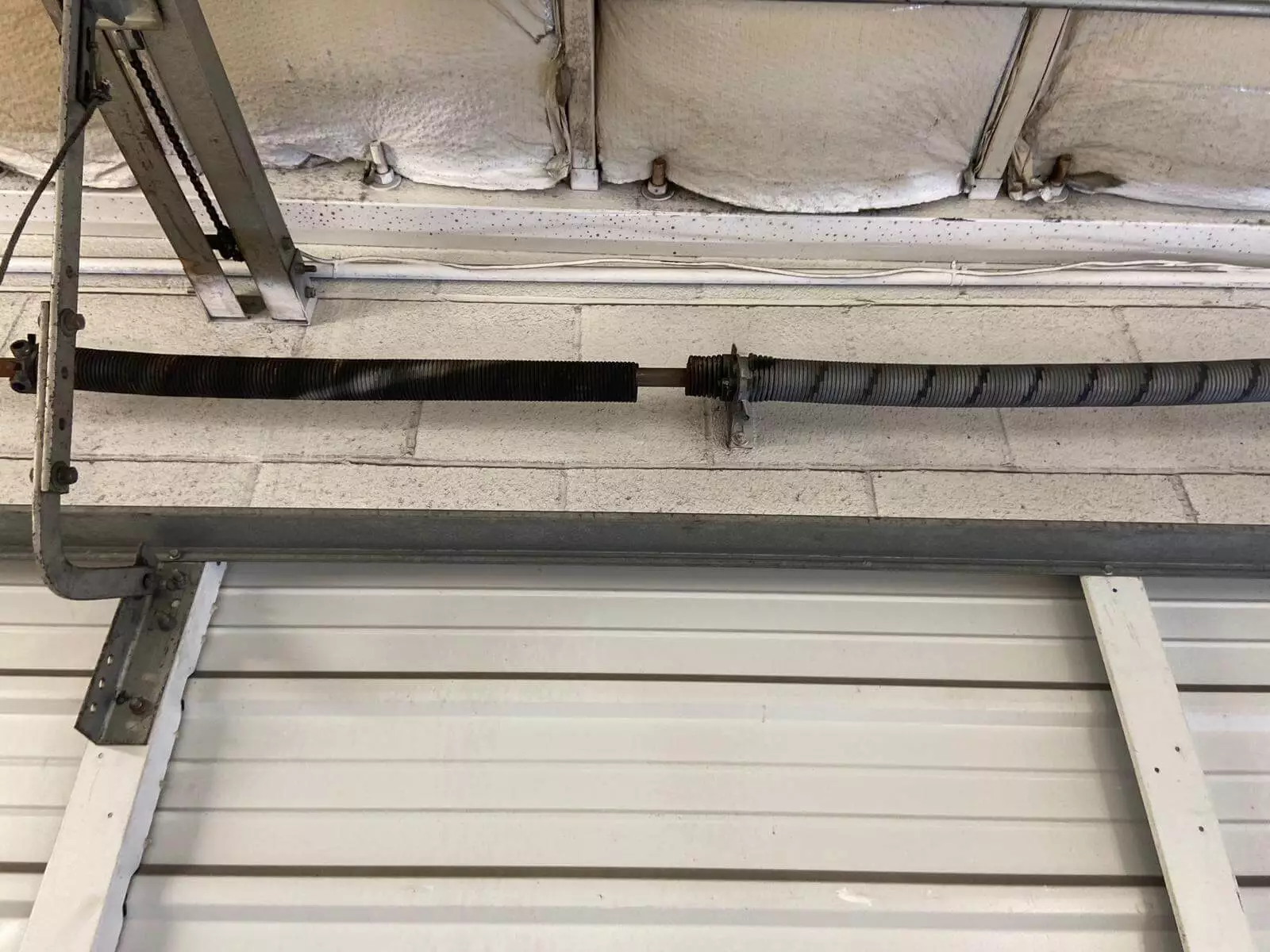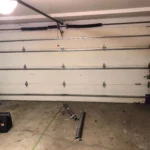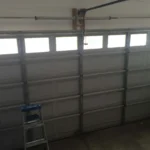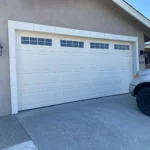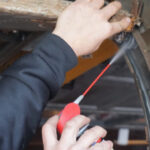Have you ever found yourself stuck in your driveway, unable to open your garage door? It’s a frustrating situation that many homeowners have experienced at least once. If you’re facing this issue, there’s a good chance that your garage door springs need attention.
In this comprehensive guide, we’ll talk about garage door spring repair and replacement, shedding light on everything you need to know to keep your garage door functioning smoothly.
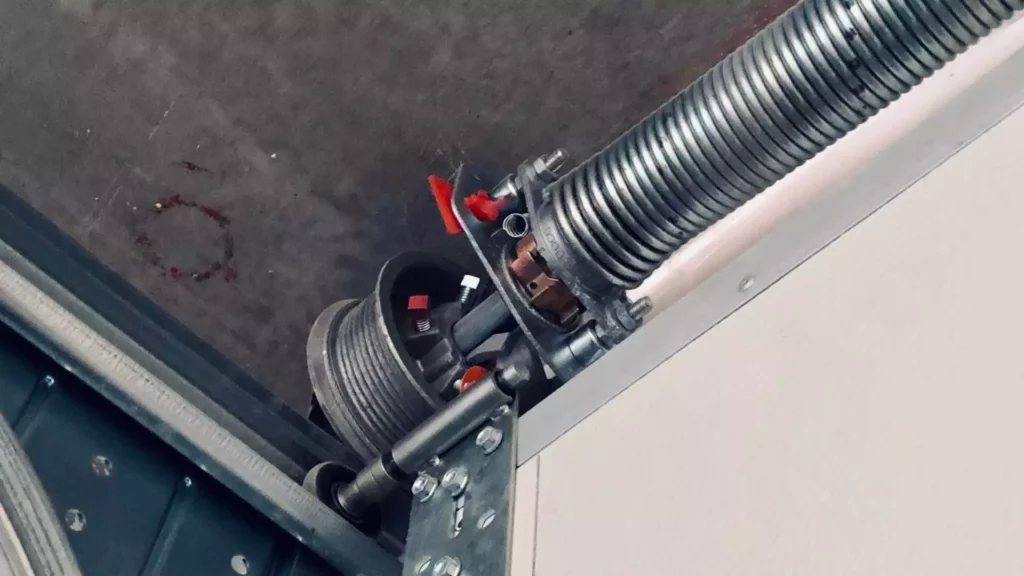
Content
Why Are Garage Door Springs So Important?
Before we delve into the intricacies of garage door spring repair, let’s address a crucial question: Why are garage door springs so important? These seemingly small components play a massive role in the overall functionality of your garage door.
They are responsible for bearing the door’s weight, making it possible for you to open and close it effortlessly. Without properly functioning springs, your garage door can become a significant safety hazard and a daily inconvenience.
Types of Garage Door Springs
There are two main types of garage door springs: extension springs and torsion springs.
- Extension Springs:
- Extension springs are typically found on older garage door systems.
- They stretch and contract to lift and lower the door.
- Extension springs are mounted on the sides of the door.
- Torsion Springs:
- Torsion springs are more common in modern garage door systems.
- They use torque to lift and lower the door.
- Torsion springs are typically located above the door.
Garage Door Spring Lifespan
Like all mechanical components, garage door springs have a limited lifespan. The average lifespan of a garage door spring varies depending on factors such as usage and maintenance. On average, you can expect a garage door spring to last around 7 to 12 years. However, if you notice any signs of wear or damage, addressing them promptly is crucial to prevent unexpected failures.
Signs Your Garage Door Springs Need Attention
- Unbalanced Door: If your garage door appears uneven when opening or closing, it’s a clear indicator that your springs may be failing.
- Loud Noises: Excessive squeaking or popping sounds during operation can be a sign of worn-out springs.
- Difficulty Opening and Closing: If your garage door struggles to open or close smoothly, it’s time to inspect the springs.
- Visible Damage: Inspect the springs for visible damage, such as cracks, gaps, or signs of rust.
Garage Door Spring Replacement
Regarding garage door spring replacement, safety should be your top priority. This is not a DIY task for the inexperienced. Hiring a professional technician is highly recommended, as working with garage door springs can be extremely dangerous. Attempting to replace them without the necessary knowledge and tools can lead to severe injuries or further damage to your door.
A professional technician will:
- Safely remove the old springs.
- Choose the right type and size of springs for your door.
- Properly install and balance the new springs.
- Conduct a thorough safety inspection of your entire garage door system.
So, if you’re facing issues with your garage door springs, don’t hesitate to seek out expert help for your garage door spring replacement needs.

Meet Jack, our garage guru. With a wrench in one hand and a can-do attitude in the other, he’s your go-to expert for all things repair and replacement.

